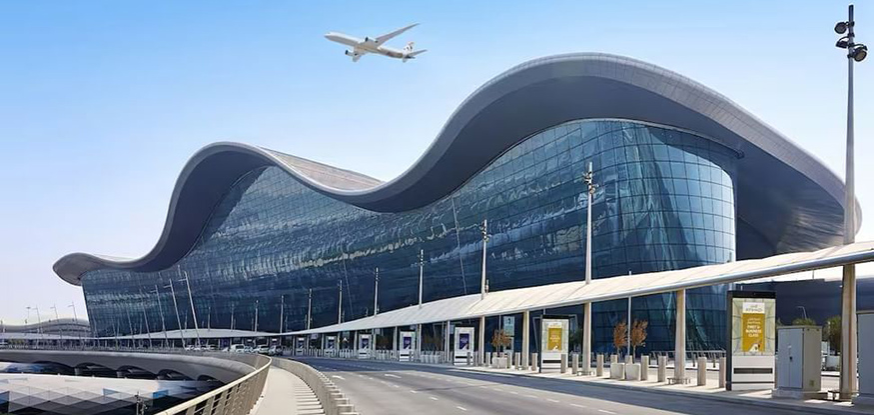SITA, a global leader in air transport IT and communications, has confirmed that airports in the UAE, particularly those in Dubai and Abu Dhabi, have established new global benchmarks in innovation, efficiency, and passenger experience.
Selim Bouri, President for the Middle East and Africa (MEA) at SITA, noted the country's clear commitment to digitalization and the adoption of cutting-edge technologies, particularly in light of the increasing challenge of managing growing passenger volumes.
Also Read: Abu Dhabi Selected to Pioneer AI Cognitive City
Bouri pointed to the implementation of the Smart Travel system at Zayed International Airport in Abu Dhabi, a fully integrated platform for biometric identity processing, which reduces congestion and waiting times while enhancing airport capacity to handle the rising number of international flights.
Since the opening of its new terminal in November 2023, the airport has processed over one million passengers using facial recognition. This has created a unique digital identity for each traveler, enabling a seamless journey from check-in to departure, including border control, in under 12 minutes.
Outlining the futuristic technologies passengers can expect at UAE airports, Bouri said that the country's travel experience is increasingly powered by smart solutions that provide efficiency and convenience. He revealed plans to expand biometric processing across airport checkpoints, delivering a fully contactless passenger experience.
Also Read: UAE Leads the Way in Autonomous Vehicle Innovation
Self-service technologies, he said, will be a core focus area in the coming years. These include self-check-in kiosks, automated baggage drop services, and smart boarding gates, to reduce congestion and streamline travel procedures.
Cybersecurity also remains a top priority within the UAE's airport digital strategies. Bouri emphasized that smart innovations will play a key role in boosting efficiency, minimizing waiting times, enhancing safety and reinforcing the UAE’s status as a leader in smart, integrated airport systems.
Also Read: Dubai’s AI Seal Elevates the City's Role in Global AI Leadership
He added that the coming decade will witness a significant increase in the deployment of next-generation communication technologies within airports. This will create a highly integrated smart airport ecosystem and flight operation network.
Bouri discussed the impact of 5G networks on enabling seamless device-to-device communication, benefitting passengers, systems, and operations through improved ground connectivity. He also pointed to future support for sixth-generation network technologies and advanced wireless internet services.
Also Read: Dubai Announces Global Partnerships to Launch Autonomous Taxis by 2026
Airports, airlines, and governments in the Middle East, known for their leadership in innovation, are investing heavily in the latest technologies to enhance passenger experience and streamline airport operations. These include biometric processing systems and e-gates backed by strategic initiatives and major investments.
Addressing the role of artificial intelligence and big data in improving flight management and reducing delays, Bouri explained that although airports, airlines and partners generate vast amounts of data, it is not always fully understood or leveraged. Over the next decade, he said, future-ready airports will increasingly rely on big data, predictive analytics, and advanced platforms to achieve peak operational efficiency.

